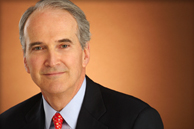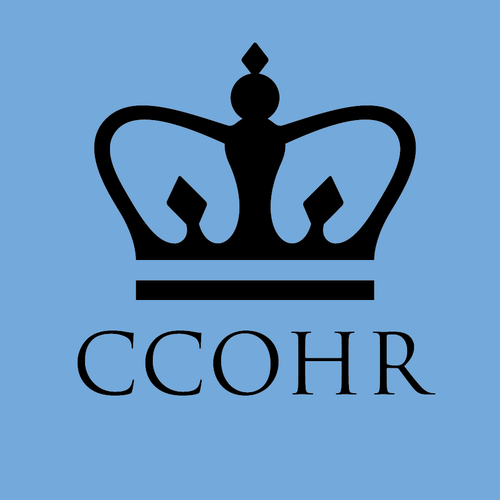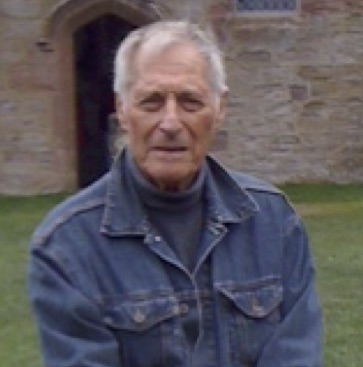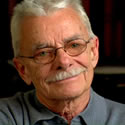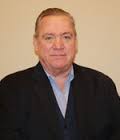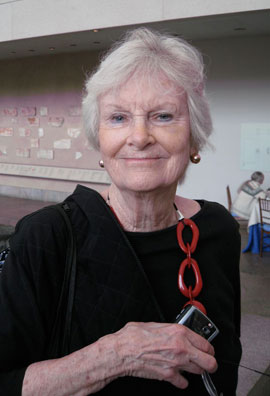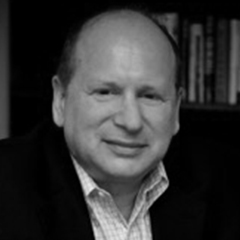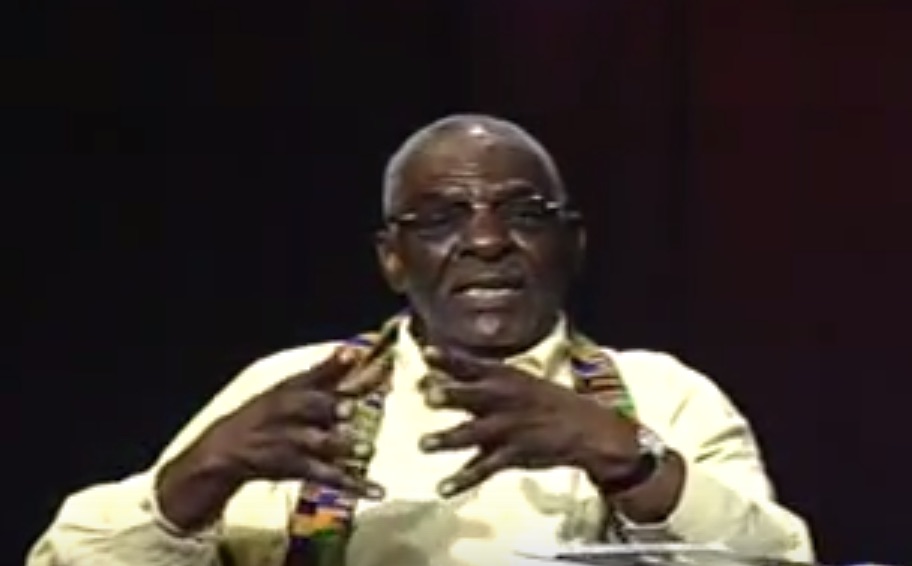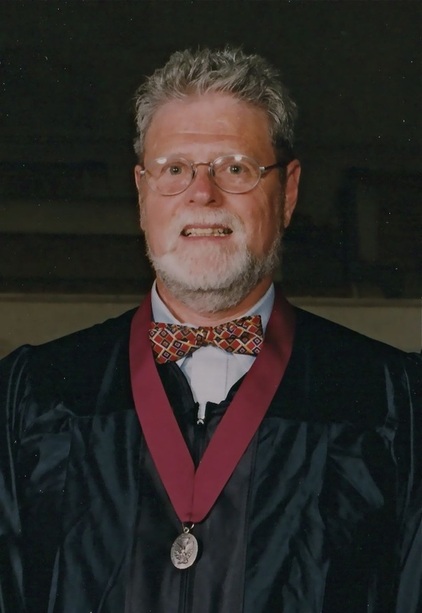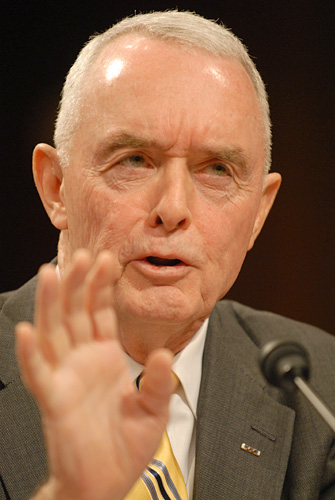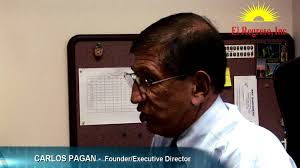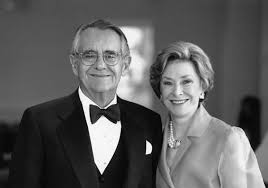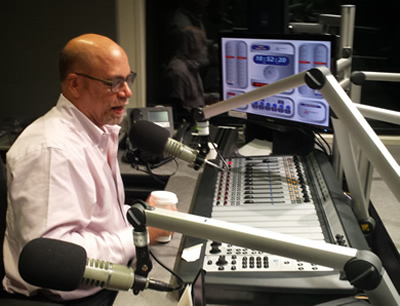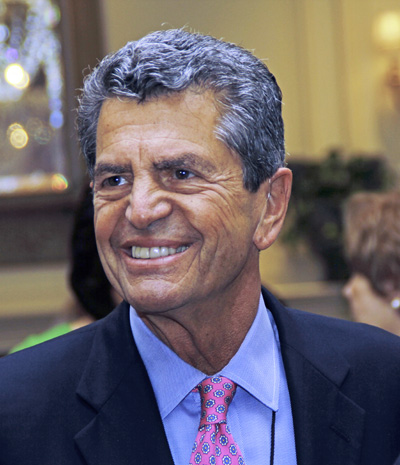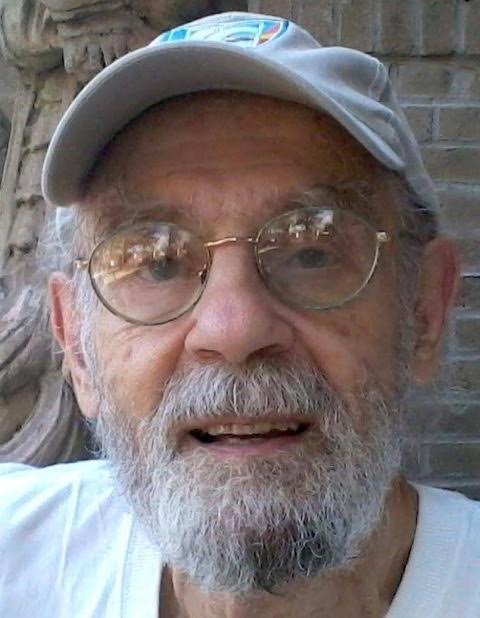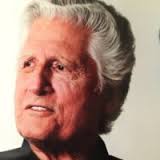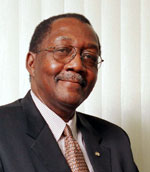“Well, Phoenix, at the house level, was not involved at all in the politics. It was really pretty pure. The people there were trying to get their lives on track, and they also had a lot of work to do, because they were cleaning the house, and making the meals and running a secure facility. Everybody had a job. Nobody was sitting around in therapy. [laughs] Everybody was working, and it was highly structured. I mean, I always used to say that an early Phoenix House was like a cross between a military training center, because it was so structured, and a group of training psychotherapists, because you had these two dynamics going on. The houses were highly structured, everybody had a job, there was an org chart on the wall.”
Biography: Dr. Mitchell Rosenthal founded Phoenix House in May 1967, while serving as deputy commissioner of New York City’s Addiction Services Agency. He resigned his City post in 1970 to lead Phoenix House as a private, nonprofit organization. As a psychiatrist at the U.S. Naval Hospital in Oakland, California, from 1957 to 1965, he established the first service-sponsored therapeutic community for the treatment of alcoholism, drug addiction and character disorders. Dr. Rosenthal received his B.A. from Lafayette College in 1956 and his M.D. in 1960 from the State University of New York’s Downstate Medical Center. He has been a White House advisor on drug abuse, a special consultant to the Office of National Drug Control Policy, and chaired the New York State Advisory Council on Drug Abuse from 1985 to 1997. In February 2007, as part of his succession plan, Dr. Rosenthal stepped down as President and CEO.
Keywords: Phoenix House; New York City; substance abuse; rehabilitation; Alcoholics Anonymous; Synanon; therapy; therapeutic community; United States Navy; government services; Career in medicine; substance abuse; rehabilitation; Phoenix House; Hart Island; Riverside Plaza Hotel; Morris Bernstein Institute; policy; New York City; Mayor of New York; President of the United States; Nancy Reagan; Ronald Reagan; healthcare policy; epidemics; crack epidemics; medicalization
Other Narrators

